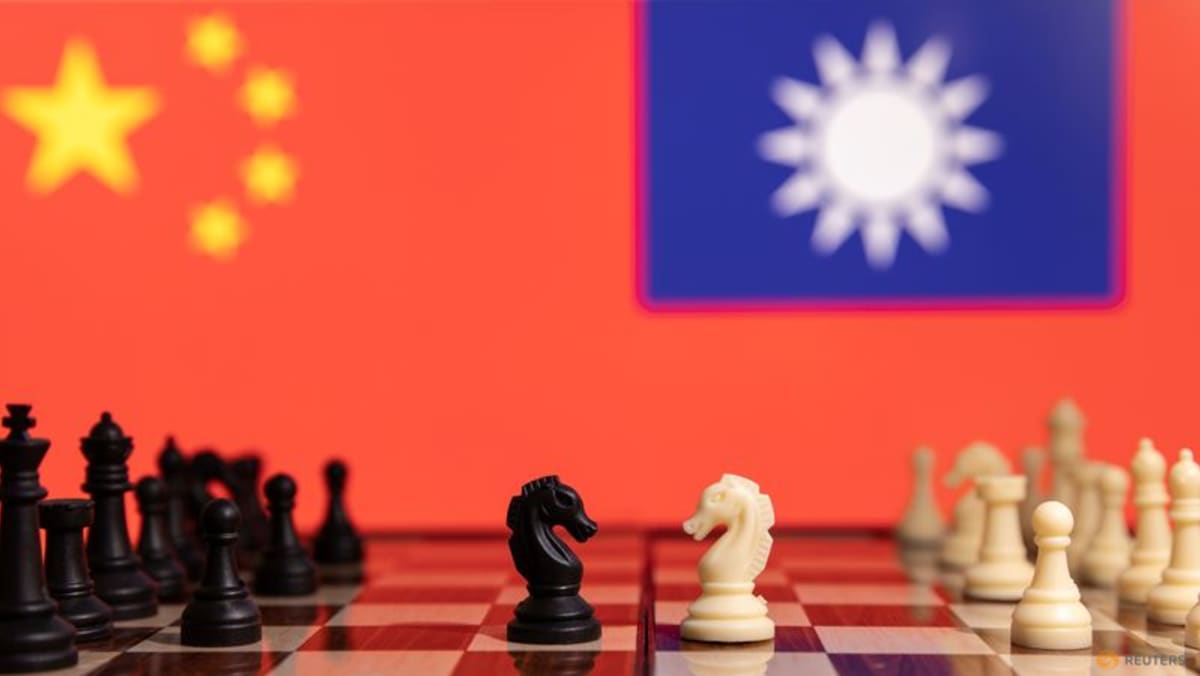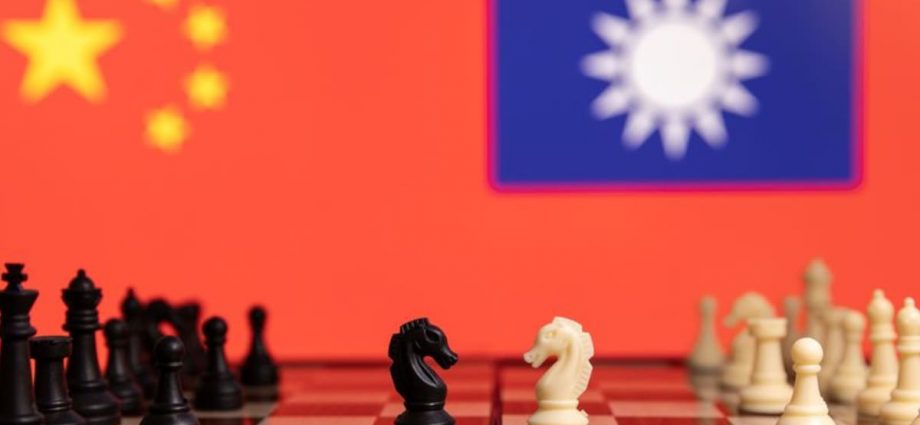
CONCILIATORY TAIWAN TALK
Yet, these messages were undercut somewhat by outgoing Premier Li Keqiang’s own words. In his annual government work report – the final one he will deliver – Li emphasised the need for “peaceful reunification” with Taiwan, and suggested that China should seek to build “economic and cultural exchanges” and pursue “policies that contribute to the well-being of our Taiwan compatriots”.
The language struck a decidedly conciliatory tone and raised the question – if China is seeking peaceful solutions to the Taiwan issue, why then is it raising its defence budget disproportionately?
Beijing has for decades noted that Taiwan is its primary defence policy goal and has deliberately not renounced the possibility of the use of force to achieve it. It is therefore a little confusing to be arming oneself more rapidly while also claiming to be a bringer of peace.
The truth is that China must prepare for conflict, but cannot fight yet.
Beijing sees the US reacting to its newfound power and assertiveness with greater deployments in the region, strengthening alliances and offering stronger rhetorical support to Taiwan. It has also seen the war in Ukraine unfold, with a seemingly larger and more powerful country brought to a grinding halt by a smaller, more nimble and determined neighbour supported by the West.
Given these factors, and the fact that China is just emerging from three years of zero-COVID policies, lockdowns and economic dislocation, Beijing is unlikely to feel confident that it would win any conflict in the near term over Taiwan. If Russia has struggled to supply its forces in Ukraine, fighting a land war with an adjacent border, imagine the logistical challenge of invading an island 100km off your shore.
It makes little sense, therefore, for Beijing to rattle its sabre over Taiwan in the short term.
Such rhetoric will only encourage further reaction from Taipei and Washington in bolstering the island’s defences.
It will also likely only alienate Taiwan’s population further. Better for Beijing to downplay the possibility of conflict in the short term, biding its time in the hope that its relative power will only increase.
Christian Le Miere is a foreign policy adviser and the founder and manging director of Arcipel, a strategic advisory firm based in London.

